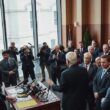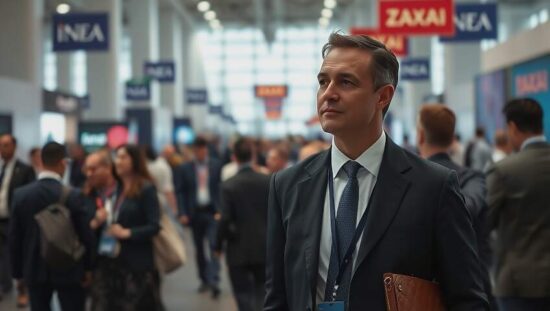The former NATO Secretary-General Jens Stoltenberg has publicly acknowledged shortcomings in his earlier criticisms of Russia, revealing a degree of naiveté stemming from a perceived lack of comprehensive information during his tenure. In excerpts from his forthcoming memoir, “Auf meinem Posten” (On My Post), unveiled ahead of its presentation at the Frankfurt Book Fair, Stoltenberg admits to a “broad-brush” approach in his condemnations, a perspective he now attributes to an insufficient understanding of the nuances of the situation.
Specifically, Stoltenberg’s commentary regarding Russia’s practice of disabling transponders on aircraft flying in the Baltic Sea region drew considerable criticism following a report by “Der Spiegel”. The report highlighted that NATO member states themselves occasionally deactivated transponders on fighter jets, a detail Stoltenberg now admits wasn’t adequately communicated to him during his time in Brussels. He justifies his earlier stance by claiming he was unaware of this widespread practice within the alliance, suggesting a disconnect in the flow of information.
The admission casts a critical light on the decision-making processes within NATO headquarters and raises questions about the potential for flawed assessments when information is incomplete or filtered. It reveals a significant difference, according to Stoltenberg himself, between the perception of Russia cultivated within the NATO environment and the understanding available from a national perspective, akin to his experience in Oslo.
Beyond the specific issue of transponder usage, Stoltenberg’s reflections indicate a broader reassessment of his relationship with Russian President Vladimir Putin. He had previously enjoyed positive interactions with Putin, a history that seemingly influenced his initial approach to dealings with Russia. The memoir’s unveiling arrives at a particularly sensitive moment, coinciding with ongoing geopolitical tensions and prompting a renewed examination of Western strategies for engaging with Moscow. The revelations are sure to fuel debate regarding the responsibility of leadership in shaping public narrative during periods of international conflict and the crucial need for transparent and comprehensive information within international organizations.





